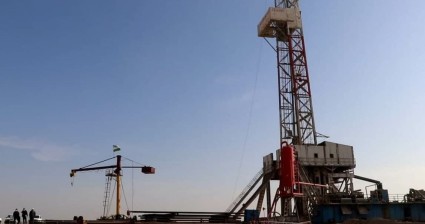The Senate at its meeting today passed amendments, abolishing double taxation on import of a number of goods and services as part of the process of joining the World Trade Organization (WTO).
In particular, the senators pointed to the need for further liberalize foreign trade by harmonizing legislation with international standards, including WTO agreements.
“These amendments, in the absence of a certificate of origin of goods, abolish the practice of applying a double rate of customs duty on imports to goods imported to Uzbekistan from countries that do not have a most-favored-nation (MFN) regime in the Customs Code,” the report says.
Deputy Chairman of the Senate Committee on Budget and Economic Issues Kobul Tursunov clarified during the debate on amendments to the legislation that the new article in the country's Customs Code codifies the concept of MFN.
"Customs duties within the approved rates shall be applied to goods produced in countries with which Uzbekistan applies the most favored nation regime, regardless of the country of origin or exporter," Tursunov added.
Now the approved duty rates shall be applied to all goods from countries with which Uzbekistan has an agreement on MFN, regardless of where the goods came from and who exported them.
For the rest, duties increase in stages — from 5% to 20% above the current one, depending on the initial level of the ad valorem rate (as a percentage of the value of the goods):
- for goods with ad valorem rate of up to 10% — 5%,
- with ad valorem rate from 10% to 20% — 10%,
- with ad valorem rate from 20% to 30% — 15%,
- with ad valorem rate from 30% and above — 20%.
At first glance, the reform may seem cosmetic: according to official statistics, 95% of Uzbekistan's imports come from WTO member countries. Of these, 61.4% are from most-favored-nation countries, and 32.3% are from free trade zone partners. And only 6.3% of goods are of unknown origin.
Thus, the novelty concerns precisely the "gray zone", which formally falls under the previous system of double taxation. As experts explained, this zone is now shrinking. Customs authorities receive clear rules, businesses receive predictable costs, and the state receives progressive movement towards full membership in the WTO.
That is, if the machines are manufactured in the Czech Republic (a WTO member and MFN partner), and an intermediary from Algeria exported them, there are no double duties. The main thing is the origin. But if the country is not among the "contractual" (the same Algeria), or the origin of the goods can not be identified, the duty increases: by 5-20% above the current rate, depending on its size.
These amendments will ensure fair foreign trade, expand the scale of imports and exports by harmonizing national legislation with WTO provisions, the Senate said.












